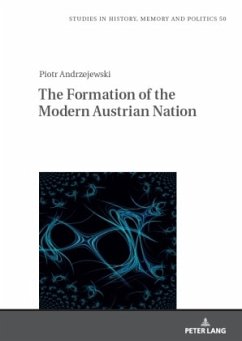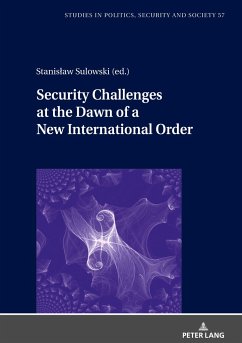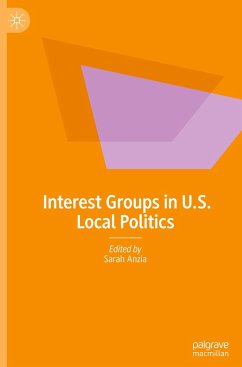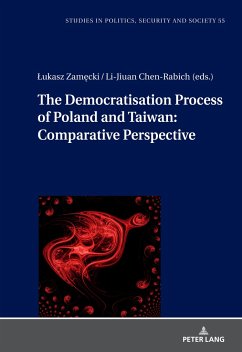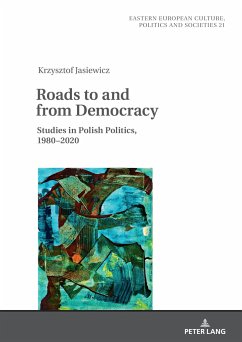
Individuals and Interest Groups in the Political Process
A Public Choice Approach
Herausgegeben: Hartman, Jan
Versandkostenfrei!
Versandfertig in 6-10 Tagen
49,95 €
inkl. MwSt.

PAYBACK Punkte
0 °P sammeln!
The aim of the book is to reevaluate inner dymamics of, and tensions between, individuals who are active in the political process as members of interest groups. To that end, the author creates a model for the individual reasoning, preferences, and motivations made manifest in their observable behavior. This is achieved by analyzing the conduct of individuals in society according to the increasing complexity of interaction in the public sphere. The analysis starts with the ethical concerns of individuals and moves towards their capacities as citizens, voters, and politicians. The author then ad...
The aim of the book is to reevaluate inner dymamics of, and tensions between, individuals who are active in the political process as members of interest groups. To that end, the author creates a model for the individual reasoning, preferences, and motivations made manifest in their observable behavior. This is achieved by analyzing the conduct of individuals in society according to the increasing complexity of interaction in the public sphere. The analysis starts with the ethical concerns of individuals and moves towards their capacities as citizens, voters, and politicians. The author then addresses aspects of social contract theory, as well as the uncertainty that is an inherent part of social
cooperation. An interdisciplinary approach to public choice, as well as elements of constitutional economy, political philosophy, and ethics are brought together to question our understanding of the way individuals and interest groups
operate in the political sphere due to serious inconsistencies of individual reasoning within the latter.
cooperation. An interdisciplinary approach to public choice, as well as elements of constitutional economy, political philosophy, and ethics are brought together to question our understanding of the way individuals and interest groups
operate in the political sphere due to serious inconsistencies of individual reasoning within the latter.







